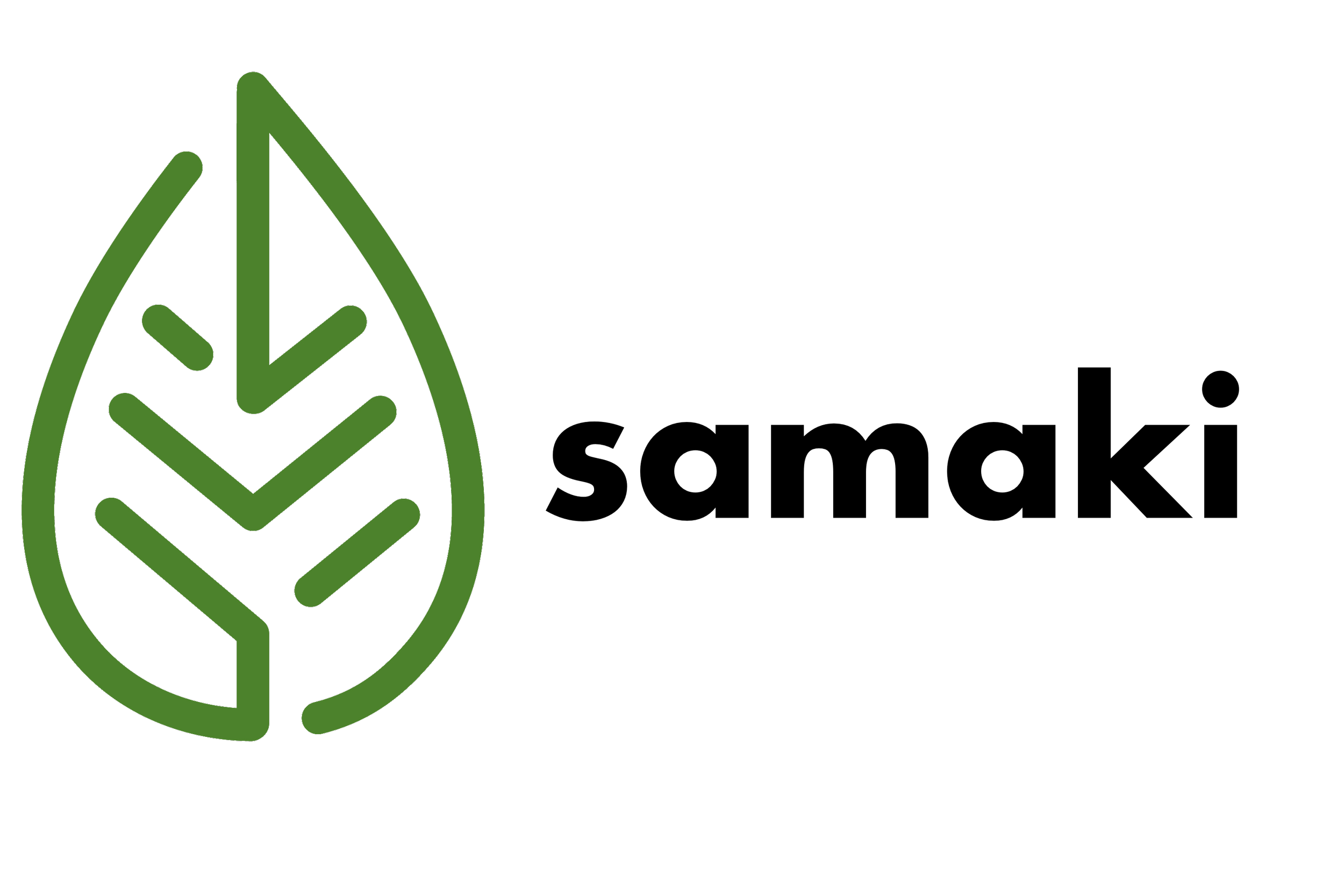What are the Main Differences between Aquaponics, Hydroponics, and Soil?
Typically plants get most of their water from their roots. In traditional soil farming, where water falls above ground, very little actually gets down to the roots, which is why plants grow large root structures and are placed apart so their root structures do not compete for water. In an Aquaponic or Hydroponic system, roots are suspended in water, and therefore grow a much smaller root structure. This in turn allows them to be placed very close together. The only limiting factor is the actual size of the plant itself.
The other key difference between Aquaponics and Hydroponics compared to soil is the actual grow times of the plants, which is much shorter in a Aquaponics system due to the plants constantly having nutrients, water, and oxygen, the three things essentials for all plants.
While many understand Aquaponics, Hydroponics, and soil farming, they overlook a few key elements which undoubtedly place Aquaponic technology above the rest for a commercial operation. The chart below presents a high level overview of the key differences between the three food production methods based on typical commercial operations.
Photo Credit: VMD Agro Research
For example, in North America, soil based lettuce production uses approximately 9x - 10x more water and is rarely free of hormones, synthetic fertilizer, pesticide resistant chemicals, and non-hormone growth chemicals.
Hydroponics, which has recently seen a surge in interest, is comparatively a better system, but certain commercial systems still use many dangerous chemicals to drive crop productivity and yield. These chemicals are synthetically formulated in factories and are sold as hydroponic system nutrients. These synthetic compounds include can be injurious to health in the longer term. Aquaponic systems are void of these synthetic formulations. Any introduction of chemicals in the process will cause immediate death to the fish and, concurrently, plants.
Beyond Aquaponics, there is no agricultural production method which can deliver 100% organic vegetables free of chemicals, pesticides, and fertilizers at the lowest cost of production.
To learn more about Aquaponics please check out our other blog posts and informational material. If you are looking to develop a system for commercial, academic, or non-profit use, please Contact Us.

